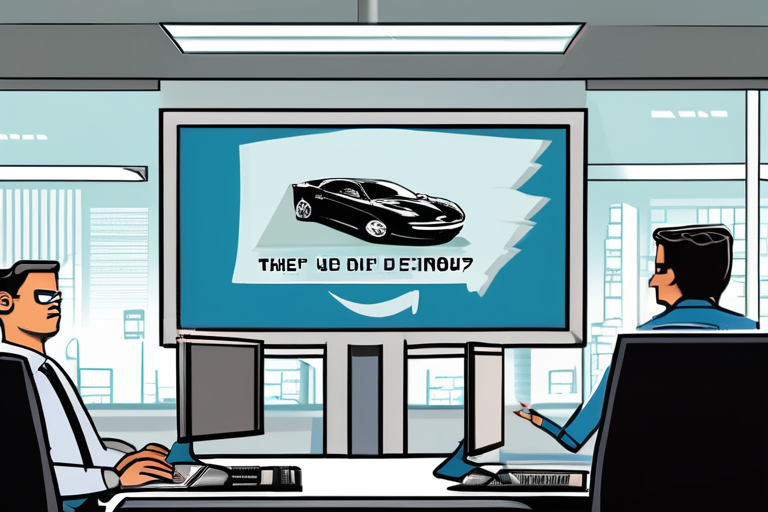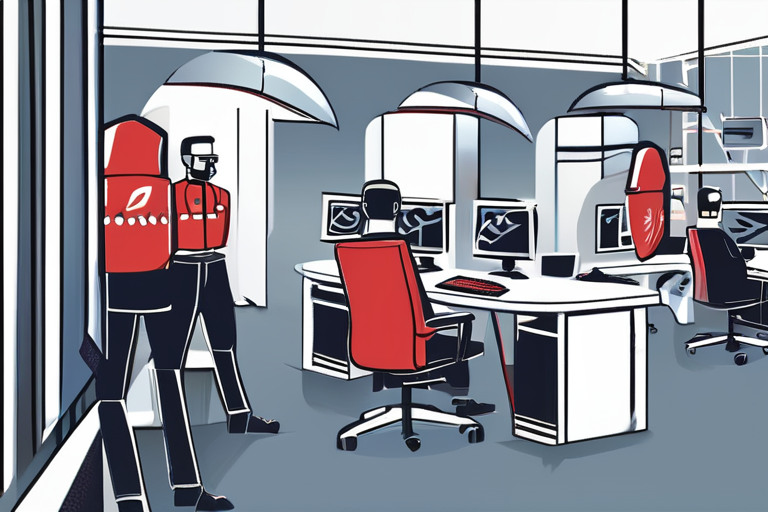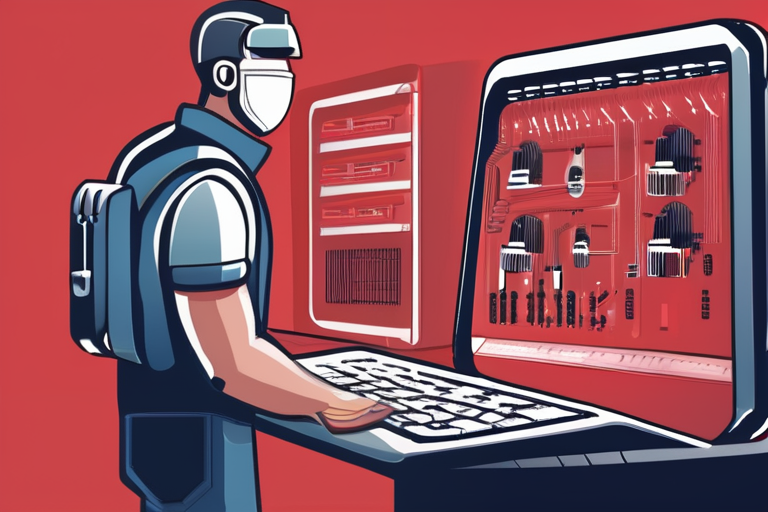Ford IT Systems Hacked to Display Shocking Anti-RTO Message Across Office Screens


Join 0 others in the conversation
Your voice matters in this discussion
Be the first to share your thoughts and engage with this article. Your perspective matters!
Discover articles from our community

 Hoppi
Hoppi

 Hoppi
Hoppi

 Hoppi
Hoppi

 Hoppi
Hoppi

 Hoppi
Hoppi

 Hoppi
Hoppi

Global Economy Grinds to a Halt: $5 Billion in Losses Highlight Need for Proactive Risk Management In July 2024, a …

Hoppi

Jaguar Land Rover Confirms Hackers May Have Stolen Sensitive Data in Global Cyber-Attack In a shocking revelation, Jaguar Land Rover …

Hoppi

Cybersecurity Shift: Ethical Practices Redefine Enterprise Security in 2025 In a significant shift, companies are moving away from aggressive automated …

Hoppi

Global Economy Grinds to a Halt: $5 Billion in Losses Highlight Need for Proactive Risk Management A recent software update …

Hoppi

Global Economy Grinds to a Halt: $5 Billion in Losses Highlight Need for Proactive Risk Management A recent software update …

Hoppi

The Trust Revolution: How Ethical Cybersecurity is Reshaping Enterprise Security In the midst of a global pandemic, when hospitals and …

Hoppi